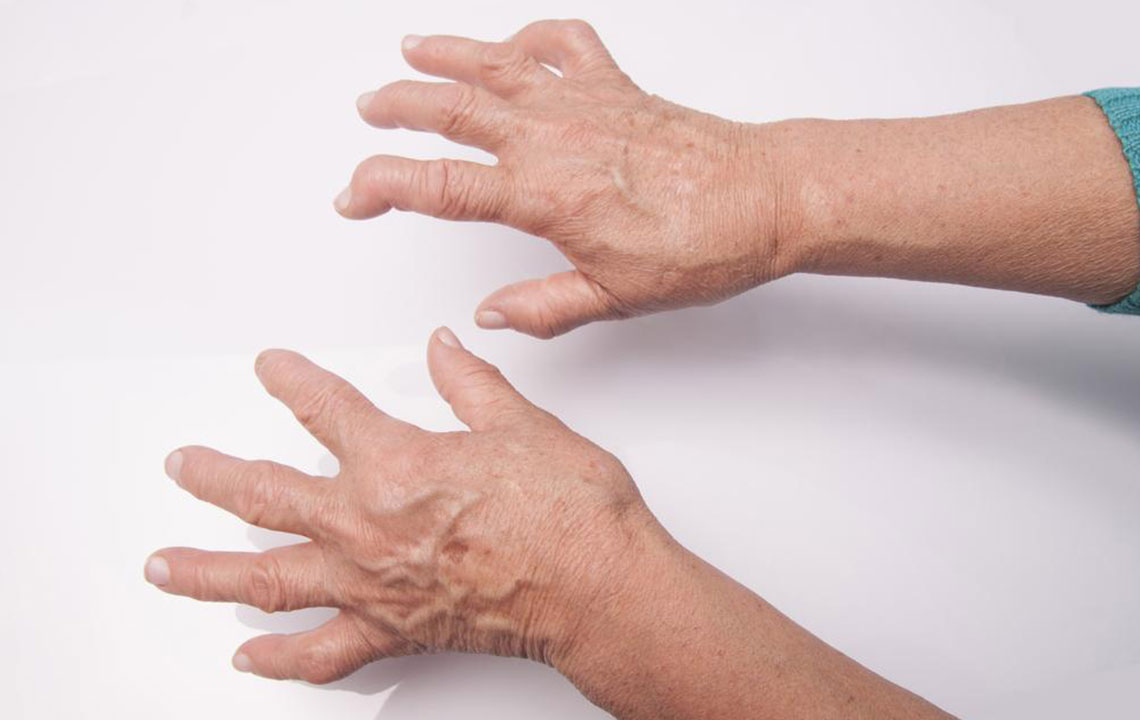Recognizing Early Symptoms and Signs of Lupus
Lupus is an autoimmune disorder with diverse symptoms like fatigue, rashes, joint pain, and more. Early detection through recognizing signs such as dry eyes, fever, and skin rashes can lead to better management and prevent complications. This article highlights key symptoms to watch for and emphasizes the importance of consulting healthcare providers for diagnosis and treatment.

Recognizing Early Symptoms and Signs of Lupus
Lupus is a chronic autoimmune disease where the immune system mistakenly attacks healthy tissues, leading to widespread inflammation and damage. It affects various organs and can cause severe health issues if not diagnosed early. Awareness of the common signs and symptoms is crucial for timely intervention.
Dry eyes and mouth: Malfunctioning glands that produce tears and saliva result in persistent dryness, often mistaken for minor infections or other autoimmune conditions.
This early symptom can be confused with simple dehydration or infections.
Extreme fatigue: Unexplained tiredness that persists despite adequate rest might signal underlying lupus activity rather than just exhaustion from daily activities.
Unexpected fevers: Recurrent or sudden fever episodes without clear infections often point to immune system disturbances related to lupus.
Thyroid issues: The autoimmune process may also target the thyroid gland, causing metabolic disruptions that can lead to various health problems.
The inflammation affecting the thyroid can interfere with hormone production, impacting overall metabolic processes.
Hair thinning: Early signs include hair loss, especially on the scalp, eyebrows, or eyelashes. Inflammation weakens hair follicles, resulting in noticeable thinning or bald patches.
Digestive discomfort: Symptoms like acid reflux and indigestion are common, with persistent gastrointestinal symptoms requiring medical evaluation.
Skin rashes: A distinctive butterfly-shaped rash across the cheeks and nose is characteristic of lupus and affects about half of those with the condition.
Joint pain and swelling: Inflammatory responses cause stiffness, pain, and swelling in the joints, which can vary from mild to severe and require medical care if persistent.
Kidney inflammation: Nephritis can develop, impairing kidney function and disrupting waste filtration, which may lead to serious complications.
Chest discomfort: Inflammation of lung blood vessels can cause pleuritic chest pain, sometimes severe, that warrants medical attention.
Note:
Information provided here is for educational purposes only. It is not intended as medical advice. Consult healthcare professionals for proper diagnosis and treatment of lupus or related symptoms.










